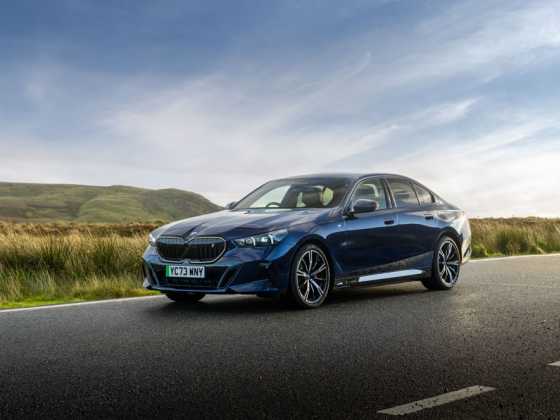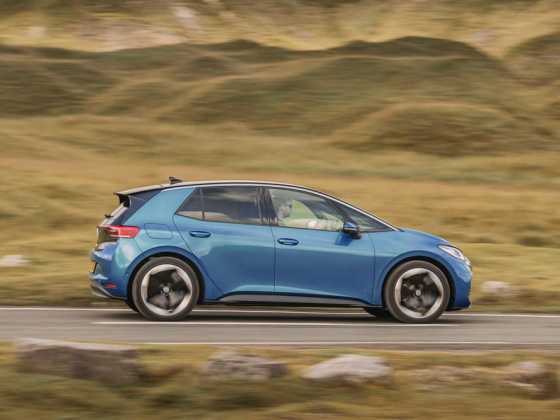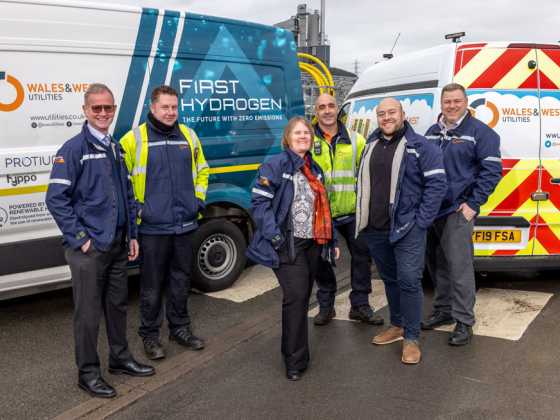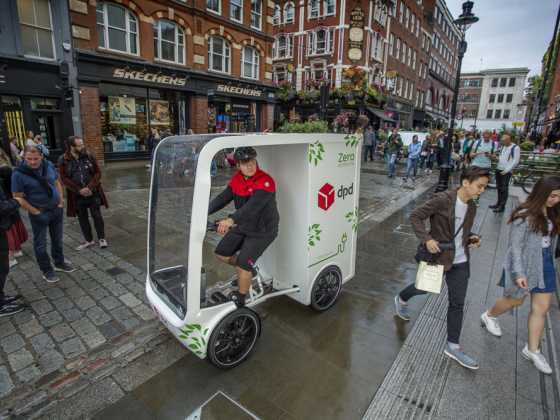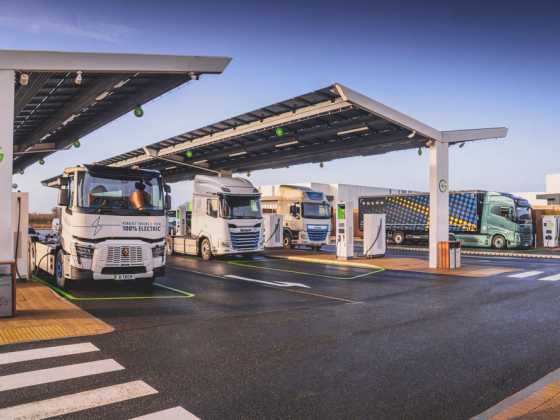Taking the green route with the aid of vehicle tracking
For any company keen to realise the full potential of their fleet, a vehicle tracking system, such as that provided by Concepts Online, has become an essential tool for the Transport Manager.
 Whether as a means to monitor the location of your fleet, a mechanism to increase driver productivity, a tool to deliver accurate customer notification, or an aid in stolen vehicle recovery, you would be hard-pressed to find a professional transport department without a system in place. And now vehicle tracking is increasingly being used to go one step further and provide companies with the information they need to minimise their environmental impact.
Whether as a means to monitor the location of your fleet, a mechanism to increase driver productivity, a tool to deliver accurate customer notification, or an aid in stolen vehicle recovery, you would be hard-pressed to find a professional transport department without a system in place. And now vehicle tracking is increasingly being used to go one step further and provide companies with the information they need to minimise their environmental impact.
The past decade has seen firms in every conceivable industry move towards reducing their carbon footprint, as a company’s green credentials become more important in a customer’s decision making process. Firms can now realistically win or lose an order based on how environmentally aware they can prove to be. So how does using a vehicle tracking system assist your business in going green?
Route Adherence
Ensuring that the journeys your vehicles make are the most efficient and productive they can be will have the single largest effect on your fleet’s environmental impact. Since merely turning the ignition on has an impact, albeit minimal, the prudent course of action is to ensure that each turn of the key results in the most effective outcome.
Monitoring your fleet through functions such as histories, journey reports and route adherence tools will highlight where unnecessary mileage has been accumulated, either by a failure to follow the optimal route from a to b, or by making unscheduled stops. Each unnecessary mile curbed from your fleet’s journeys leads to savings in your business of not only the amount of CO2 emitted, but the amount of fuel needed to run your vehicles. With the cost of fuel seemingly forever on the rise, if each vehicle in a fleet of 20 could knock just 5 unnecessary miles off their run each day, then over the course of a year very real savings can be achieved, potentially in excess of £6,500.
The use of nearest vehicle tools can also assist in reducing unnecessary mileage, as finding the vehicle closest to a collection point or customer site can mean that the shortest possible distance can be covered. This emphasis on sending the right vehicle for a job can have knock on effects beyond a decrease in the amount of fuel consumption and CO2 emitted, such as the reduction of wear and tear to your vehicles. By cutting the number of miles travelled the stress and strain on a vehicle is reduced, allowing for savings to be made to the amount of maintenance required to keep your fleet roadworthy. This not only cuts financial costs, but also environmental impact in terms of replacement parts, in particular tyres that would typically end up in a landfill site.
Driver Behaviour
Modern vehicle tracking systems have moved beyond simply showing you where your vehicle is on a map. The ability to monitor a driver’s behaviour is now becoming more standard, with vehicles reporting not just instances of speeding or excessive idling, but also how many times a driver accelerates and brakes harshly, or takes a corner too sharply. This information can help companies assess the performance of individual drivers, and ascertain where reductions to cost and environmental impact can be made.
Where drivers are known to be speeding and regularly accelerating or braking harshly, the MPG their vehicle can achieve can be substantially lowered from what would be expected of a more measured driver. By assessing your driver’s behaviour and offering incentives to modify that behaviour for the better, considerable savings can be achieved.
From observations users have made, we can see that improving the fuel efficiency of vehicles that would typically travel 3500 miles per month by just 1MPG, across a fleet of 20, can realise savings upwards of £10,000 per year. A massive potential saving, from the relatively easy outlay of better educating your drivers about the effect their driving style has.
Making Comparisons Across Your Fleet
Vehicle tracking can be used to not just highlight how individuals within your organisation function, but also give you a complete picture of how your fleet operates as a whole. Whilst driver behaviour can be key to increasing the MPG your vehicles achieve, monitoring how different types of vehicles perform against one another can be equally as important.
We have reports from companies that regularly see MPG notably lower than the manufacturers recommend should be achieved. This appears to be partly due to the need for these vehicles to be driven harder than others in the fleet in order to complete their daily schedules. Such feedback can be invaluable in allowing you to make informed decisions when looking at future company purchases.
By engaging in the use of vehicle tracking that caters for route adherence, driver behaviour and fleet-wide comparison, a significant reduction to the amount of pollutant CO2 emissions released by a fleet is achievable, alongside the potential for real savings to the operating costs of each vehicle.
To learn more about the points raised here, or to schedule a demonstration to see how vehicle tracking could change the environmental impact of your fleet, please get in contact with the team at Concepts Online on 0870 750 3004.

